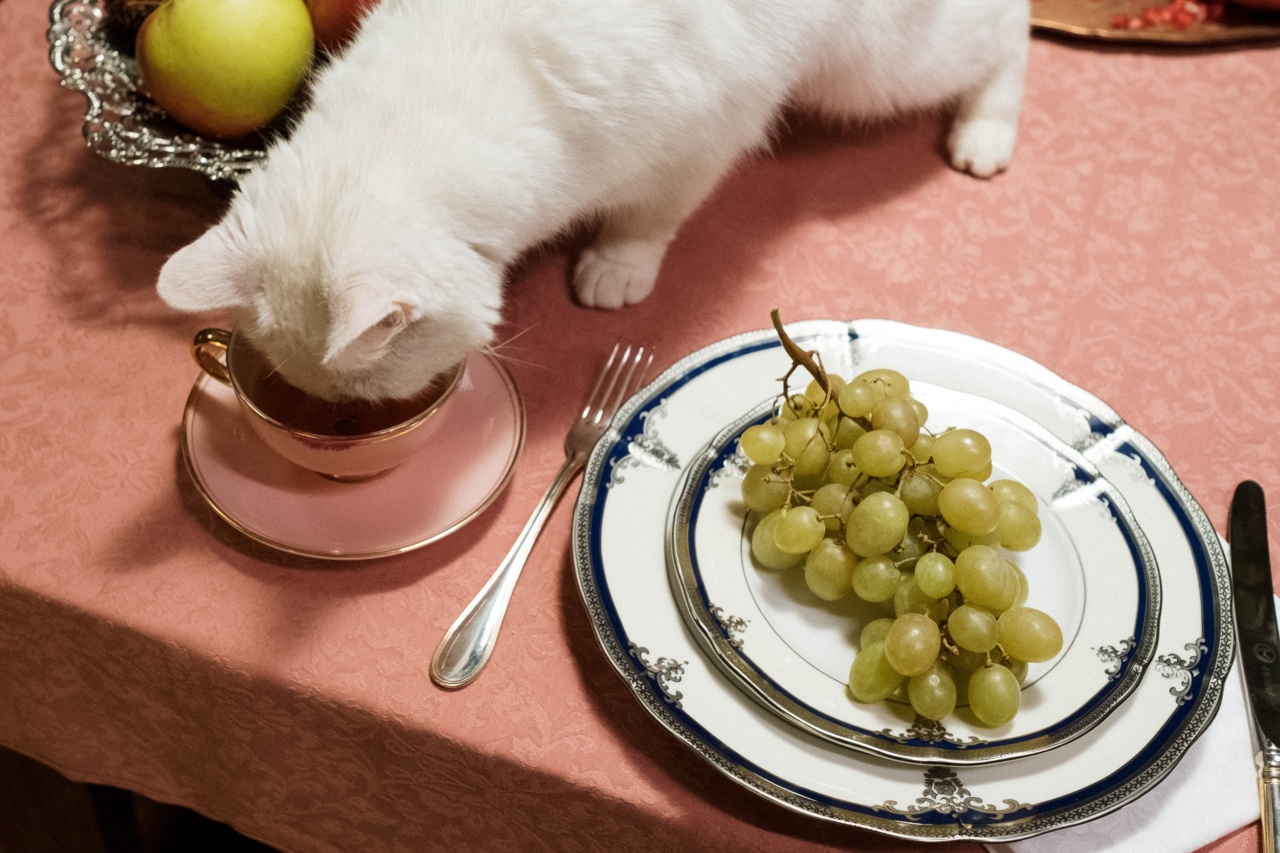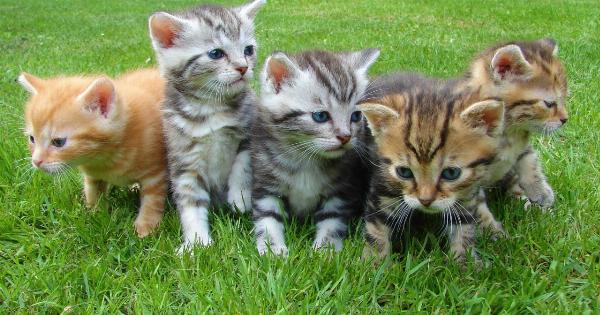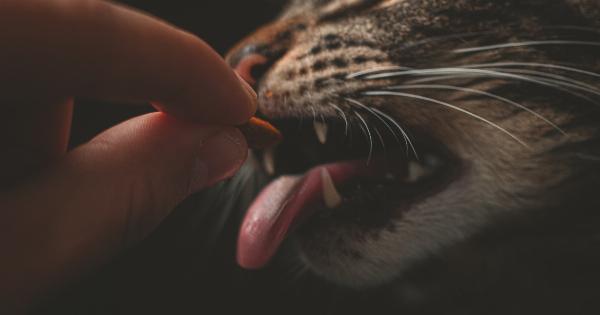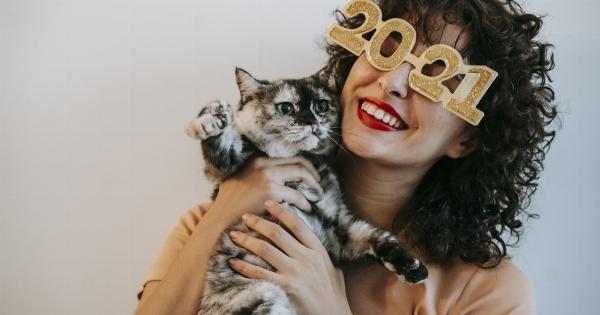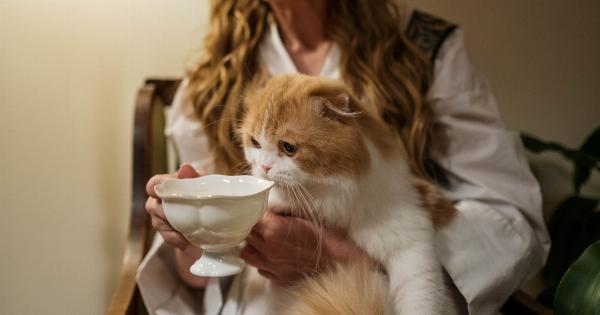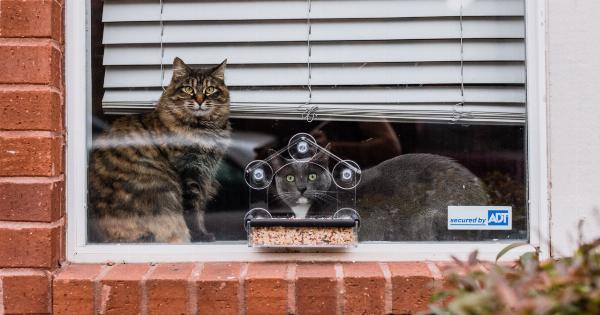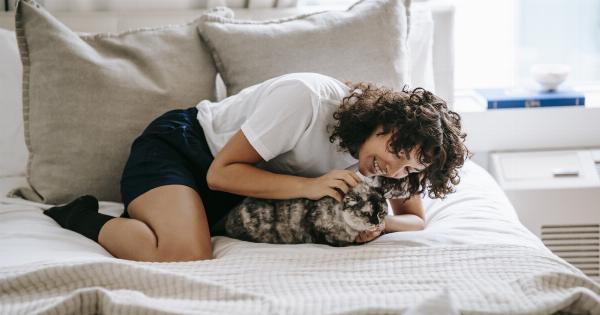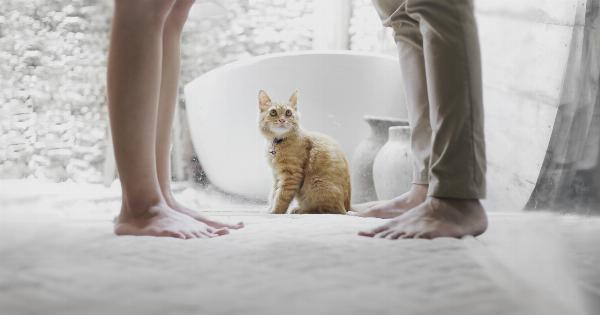As a cat owner, it can be concerning when your furry friend refuses to eat. Cats are known for their finicky eating habits, but a prolonged loss of appetite can be a sign of an underlying health issue.
It’s important to address this problem promptly to ensure your cat’s well-being. In this article, we will explore some common reasons why cats refuse to eat and provide you with helpful tips on how to encourage your cat to eat again.
1. Rule out medical issues
Before jumping to conclusions, it’s crucial to rule out any medical problems that could be causing your cat’s decreased appetite.
Loss of appetite can be a symptom of various health issues, including dental problems, digestive disorders, infections, or even certain medications. A trip to the veterinarian is highly recommended to determine if your cat’s reluctance to eat is due to an underlying medical condition.
2. Evaluate the food
Next, assess the quality and type of food you are offering to your cat. Cats can be quite picky when it comes to their meals, and sometimes they simply don’t like the taste of a particular brand or flavor.
Try experimenting with different types of cat food, including wet and dry options. Keep in mind that sudden diet changes can also upset your cat’s stomach, so introduce new food gradually.
3. Temperature matters
Cats are known to be sensitive to the temperature of their food. If you have been serving your cat refrigerated food, it might be a good idea to warm it up slightly.
Heating the food to around room temperature can make it more appetizing for your feline companion. Give it a try and see if your cat shows more interest in her meals.
4. Check the food bowls and placement
Believe it or not, the type and placement of your cat’s food bowl can make a difference. Some cats have a preference for shallow dishes or prefer their food to be served on a flat saucer rather than a deep bowl.
Additionally, ensure that the food and water bowls are placed in a quiet area away from litter boxes and any potential sources of stress, as cats like to eat in a calm environment.
5. Get creative with mealtime
Cats, like humans, can get bored with their meals if served the same thing day after day. Experiment with different flavors and textures to pique your cat’s interest.
You can also try adding small amounts of wet food or even a sprinkle of a tasty cat treat as a topper. These little changes can entice your cat to start eating again.
6. Dental health matters
Oral health issues can significantly impact a cat’s appetite. Dental problems, such as gum disease or broken teeth, can make eating painful for your cat. Check your cat’s mouth for any signs of redness, swelling, or bad breath.
If you notice any concerns, consult your veterinarian for a dental examination and necessary treatment.
7. Introduce mealtime routine
Establishing a consistent mealtime routine can help stimulate your cat’s appetite. Cats are creatures of habit and thrive on routine. Set specific meal times and try to stick to them as much as possible.
Creating a routine signals to your cat that it’s time to eat and can help get her excited and ready for her meals.
8. Minimize stress and anxiety
Stress and anxiety can cause a loss of appetite in cats. Evaluate your cat’s living environment and try to identify any potential stress triggers.
Common stressors for cats include changes in routine, the addition of new pets or family members, or even loud noises. Providing a calm and peaceful environment for your cat can help restore her appetite.
9. Use interactive feeding toys
Engaging your cat’s natural hunting instincts can make mealtime more enjoyable. Consider using interactive feeding toys or treat dispensers that require your cat to ‘hunt’ for her food.
These toys provide mental stimulation and can help increase your cat’s interest in eating.
10. Consult a veterinarian
If your cat’s loss of appetite persists or if you notice any other worrying symptoms, it’s vital to consult a veterinarian.
They can perform a thorough examination, run tests if necessary, and provide guidance specific to your cat’s individual needs.
Remember, a cat not eating for more than 24-48 hours is a cause for concern, as it can lead to serious health complications. Don’t hesitate to seek immediate veterinary attention in such cases.
